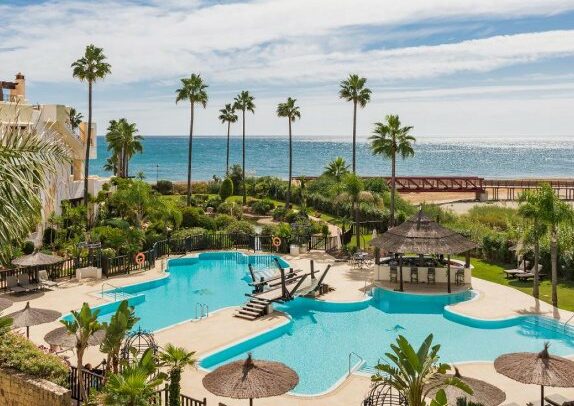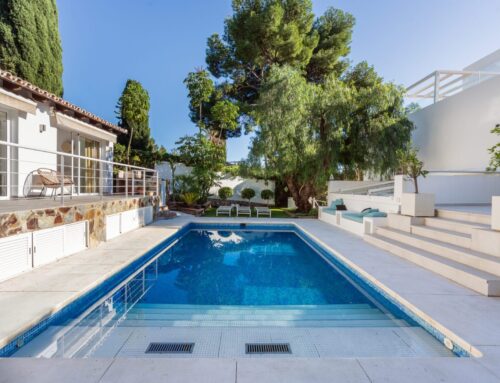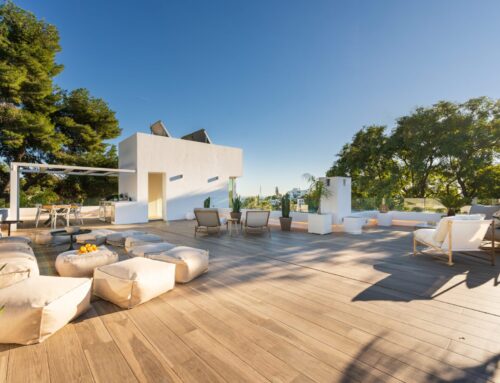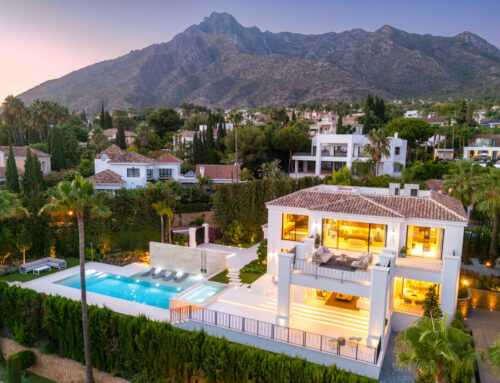In Spain the homeowner’s associations have special sections of the law dedicated to ensure harmonious neighbour relations. In Marbella in particular, most residences of all property types are organised in communities, which may share communal gardens and swimming pools (in the case of apartments), or security and common grounds (for villas or townhouses). The “comunidad” as it is called has its own set of individual rules and regulations, but Article 9 of Spain’s Horizontal Property Law also establishes a series of common duties and responsibilities that members should try and uphold.
How is a comunidad set up? The law states that a group of more than 5 properties needs to have an officially set up community. All the owners, including the constructing company (in the case there are unsold properties), must attend a meeting. The structure and makeup of the community must appear on the agenda and be approved by all. The official minutes must contain the details of the meeting as well as the resolutions adopted during the meeting for future reference. The community must acquire a minutes book and register it with the land registry. The last step in setting up a comunidad is to apply for a tax number, known as an NIF. This is used, for example, so that suppliers can issue invoices to the building as opposed to an individual person
What are the responsibilities of each homeowner in the comunidad? Whether it’s a villa development, where communal zones may be minimal, or apartments surrounded by gardens and pools, it is essential that owners respect these common areas, and ensure that they are kept in good condition. It is compulsory for all members to be up to date with their shared payments. The law has been strengthened in the last few years to enable communities to bring to Court any owners behind in their payments. Attending owners’ meetings and voting on decisions that affect the community is another of the obligations, and for many the main one because it is a time commitment. If you are unable to attend, you can give a proxy to another person to vote on your behalf. It is important to remember that failure to attend or to delegate the vote can be a serious offence on the part of the owner, which could lead to sanctions and fines added to your monthly quota.
The comunidad has a legal obligation to run a small account surplus. The extra money each month goes into the bank as a float for when issues come up with the building that need attention. Occassionally however, the surplus will not be enough for new works (perhaps a new children’s pool) or something that is not covered in the insurance policy, and an “extraordinary fee” will have to be levied on property owners. This is called a “derrama” (apportionment). In these cases the community has a meeting with everyone and decides on the correct actions to take. The “derrama” is one of the points your lawyer will be looking into when purchasing a property to clarify if anything is owed.
In general, the community costs in Spain are one of the lowest in the world for comparable properties, especially versus the United States. This contributes to the attractiveness of owning a property in Marbella.






